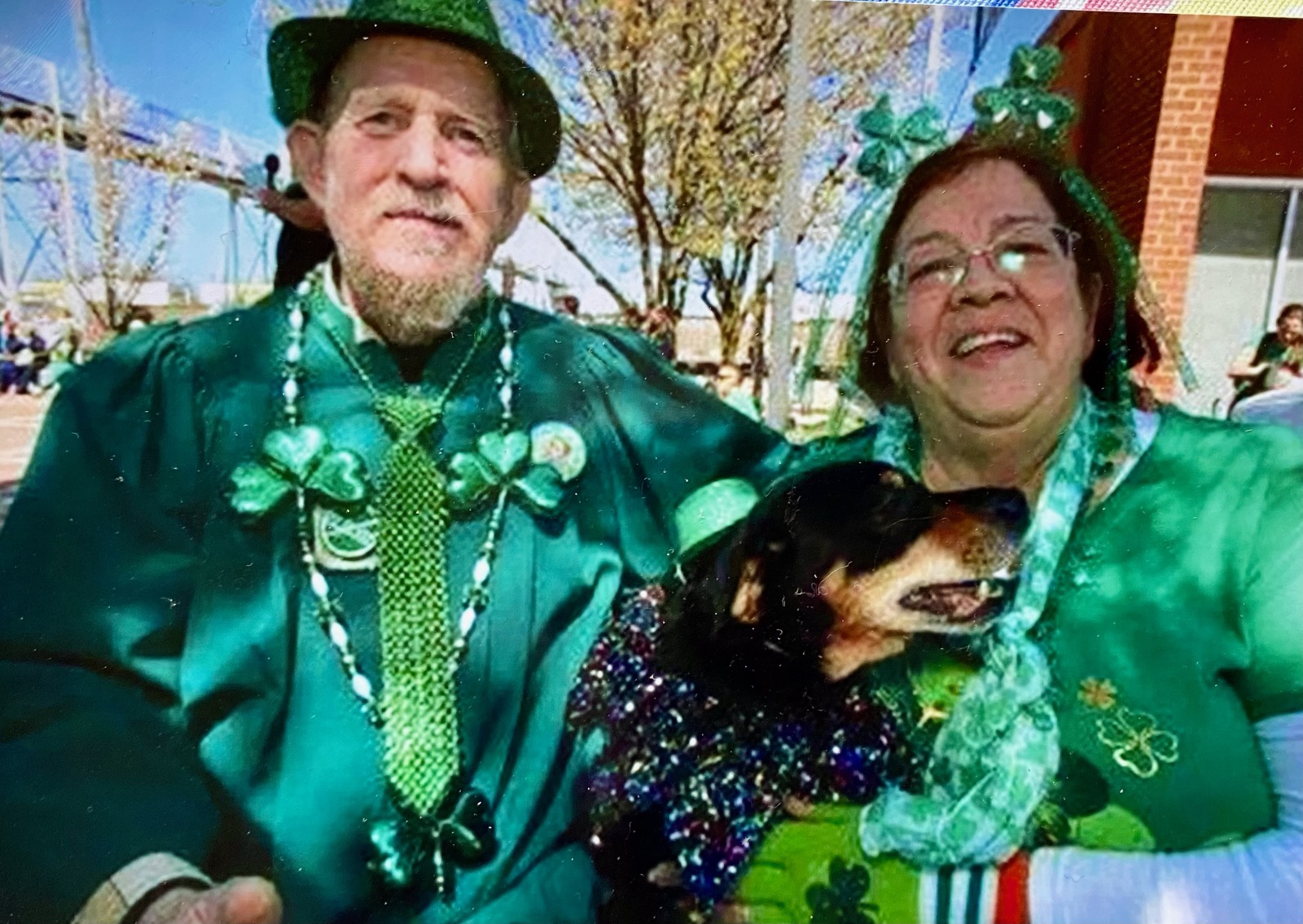William Thomas Palmer was a Vietnam War veteran whose battles with the aftereffects of his military service continued for the next half-century.
W.T., as he preferred to be called, was a native of New York State who moved to Springfield in 1990, as his parents, Edward and Claire Palmer, and siblings had done before him. Following his death on March 13 at age 71, his remains were escorted to Springfield Veterans Cemetery by a phalanx of fellow vets on motorcycles and a vehicle operated by the Wounded Warrior Project, a charity he’d supported.
Those who knew him best said it was a fitting final journey because, although he had a lengthy civilian career in law enforcement and private security, W.T. still carried haunting memories and wounds — some visible, many not — from his time in military uniform.
“He didn’t like to talk about Vietnam, but he trusted me enough to tell about some things,” says longtime friend Jonathan Rimington. “He couldn’t watch war movies about Vietnam because it would give him terrible flashbacks. He would be debilitated for two or three days after.”
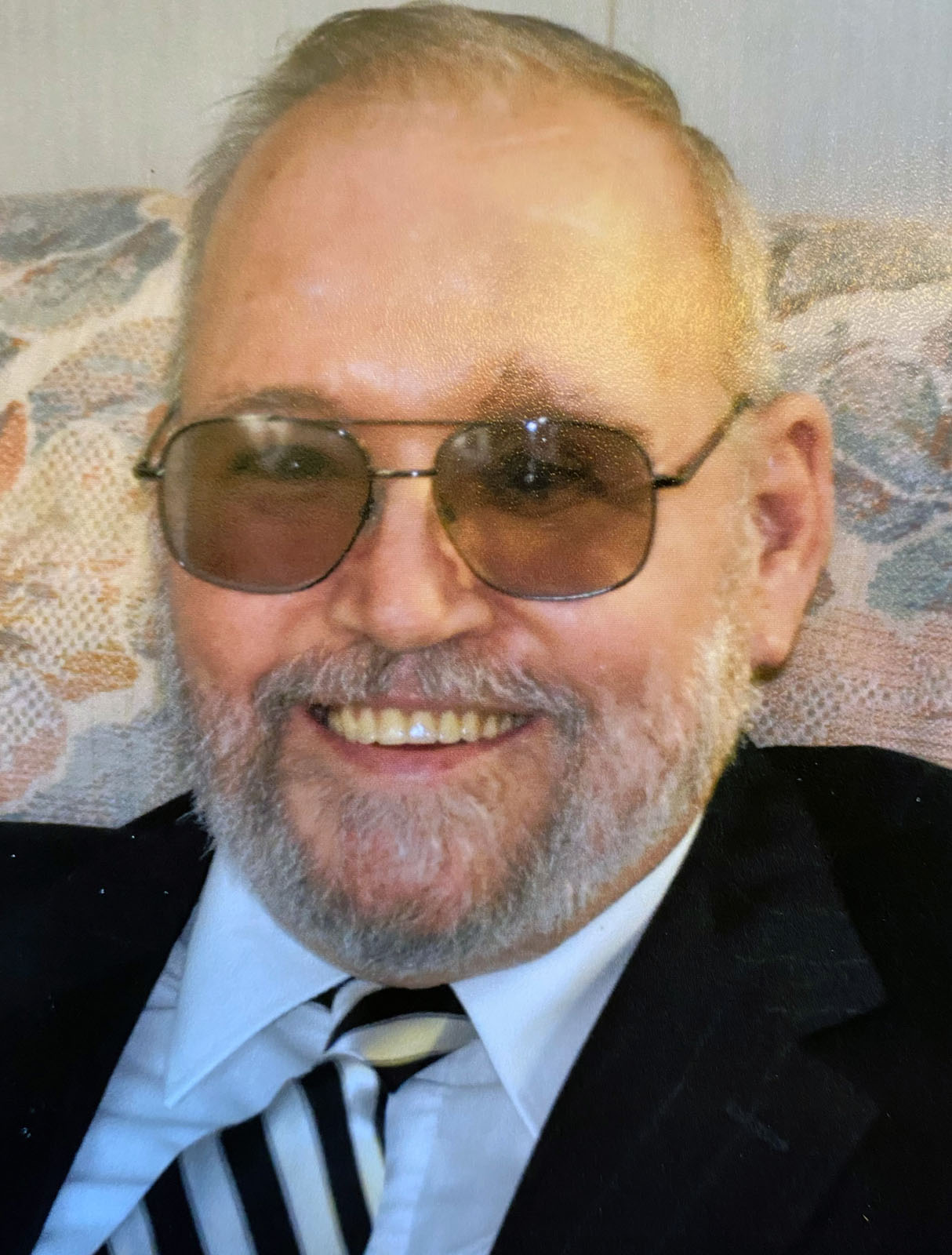
W.T.’s widow, Cheryl, confirms that he “didn’t talk about the war to the public. He wasn’t a boastful person. He was proud of what he did, but he didn’t go around bragging.”
Some details of what W.T. did in Vietnam are foggy. Even the military has been confused.
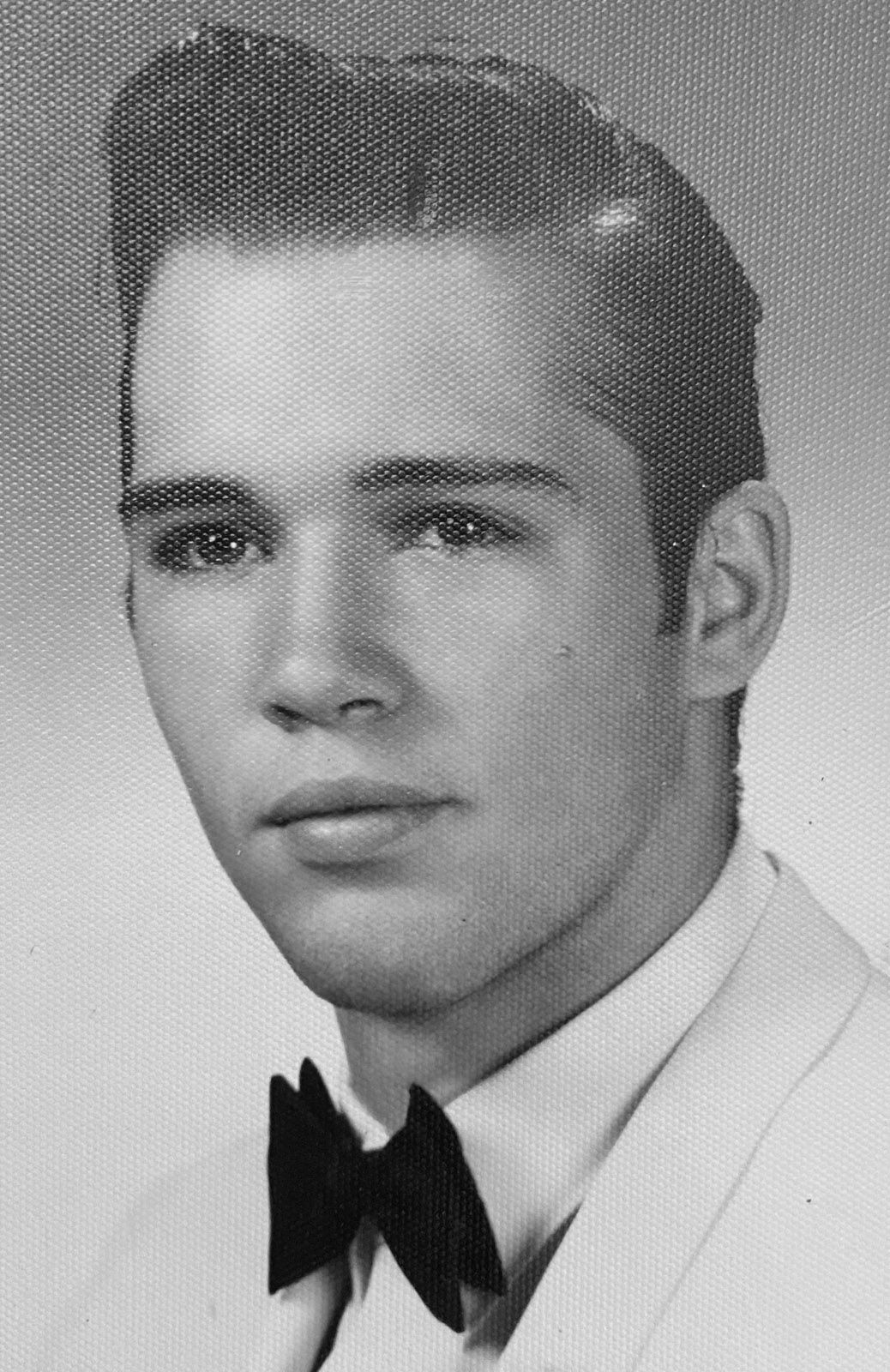
What’s always been clear is that upon his 1970 graduation from high school in Watkins Glen, N.Y., with the military draft looming, W.T. enlisted in the U.S. Air Force. After basic training in Texas, he was assigned to Air Force Security Police units at bases in Mississippi and South Carolina.
However, decades after being mustered out, although having received disability payments and medical treatment for war wounds through the Veterans Administration for many years, W.T. discovered his military records didn’t reflect his ultimate assignment to the war zone.
He blamed it on some of his duties having been considered “classified” at the time. He sought clarification — and eventually the Air Force determined “corrective action” was warranted to render his military records accurate.
“After a complete review of your official military record,” a 2015 letter from the Department of the Air Force reads, “we were able to verify and confirm your boots on ground foreign service time at Phan Rang Air Base, Republic of Vietnam, from 11 July 1971 to 19 February 1972, seven months and 9 days.”
The document is one among several in a file maintained by Cheryl, who continues to seek further corrections and amplifications in the official records about W.T.’s final rank, about how he was wounded, and about a reported brief capture by enemy combatants.

The file is bolstered by a scrapbook assembled by W.T. that contains mementos from Vietnam, including several photographs of him there. One snapshot shows a smiling W.T. with a handwritten notion on the back dated October 1971: “Me after a mission of knocking out an 11-man Viet Cong party. Pretty happy cuz none of us 5 guys got hurt.”
But he did get hurt, in more ways than one.
‘Had to drag details out of him'
“He’d taken a lot of shrapnel from what he said was a mortar round,” recalls Rimington, “and on occasion he’d say ‘Oh, look, another piece is coming out.’ Then he’d pick at a scar and out would come a little chunk of metal.
“But I had to drag details out of him because he really didn’t like to talk about it.”
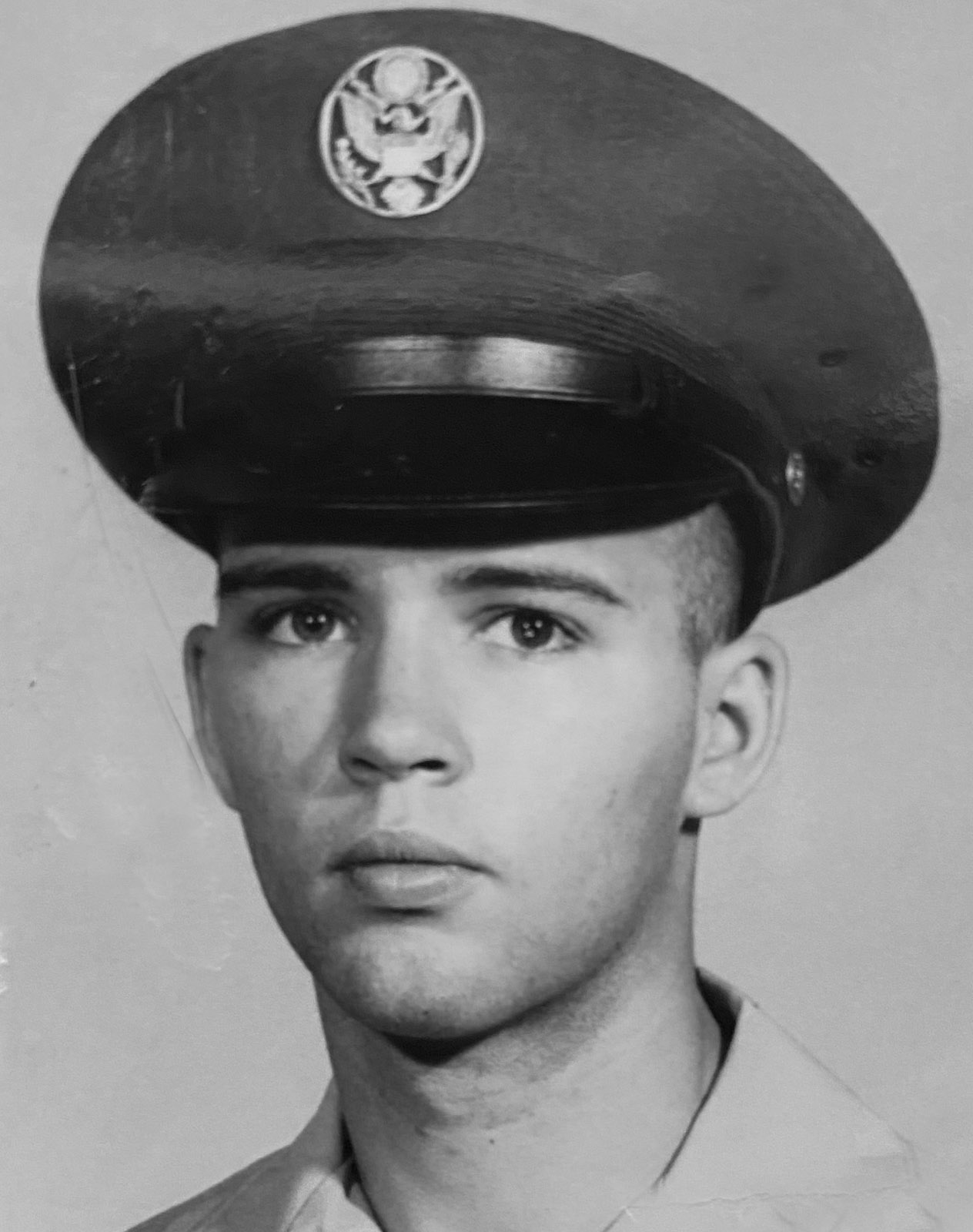
Cheryl says W.T.’s injuries, which apparently included bullet wounds, caused him physical pain the rest of his life. “But what most people don’t realize,” she says, “is that a lot of these guys are going through psychological problems besides their physical injuries. Some Vietnam vets got spit on when they came home. They need others to be warm and understanding.”
W.T. also was wounded in civilian life while working as a police officer in Arkansas in the 1980s.
Rimington, a transplanted Englishman who has worked in advertising and marketing in Springfield for 30 years and who also handles media relations for the Church of Jesus Christ of Latter-day Saints in the Springfield area, recounts:
‘He turned around and was immediately shot in the face'
“He lost an eye, as the story was related to me, due to a villain he’d arrested and put away for three or four years. One day, W.T. had just come home from work and shopping, had gotten out of his car and was carrying shopping bags to the front door, when he heard a voice call out his name. He turned around and was immediately shot in the face.”
Rimington met W.T. about 15 years ago when they were neighbors in southeast Springfield.
“We lived just around the corner from each other. I really didn’t know what to think of him at first. All I knew was that I’d seen him using a walker or walking sticks on the porch, and when I’d ride by his house, I’d see two police-looking vehicles outside which had ‘Prisoner Transport’ on the back. I wondered who this was.
“Then, much to my surprise, I was told that he’d been baptized in our church, and I was assigned to go visit him. I did, and I grew to know and love the man. Over time it got to a stage that I was over there about every day just to check and make sure he was OK because he was going through a terrible period in his life.”
Rimington says when they first met, W.T. had been taking more than 90 pills a day. Because of the heavy medication, “he was pretty much zombie-like quite a bit of the time.” However, a new doctor was cutting back on the prescriptions, so that in recent years W.T. took fewer than one-third that number of pills daily.
W.T. was operating his W.T. Palmer Private Security Police firm here, providing guards to accompany technicians servicing bank ATM machines, directing watchful patrols for local businesses and property owners, and contracting with area law enforcement agencies to securely move inmates. Because of his limited mobility, he mostly stayed at a desk, handling scheduling and personnel matters.
“It was during this time that I really discovered the character of the man — very honest, very optimistic in his view of life,” says Rimington. “Unfortunately, he tended to overtrust people and, as a sad result, some took advantage of him. A terrible shame.
“He was an incredibly kind man. He tended to forgive, but not forget. Once someone had done him down, they would lose his respect and he wouldn’t trust them anymore. But he forgave them, to a great extent, which I think is an admirable character trait.”
W.T. was a collector — of coins, stamps, old books, “things that took his fancy,” according to Rimington. He also coveted classic cars, including a rare Kaiser Dragon from the early 1950s, and an Essex from the early ‘30s that he enjoyed driving in parades.
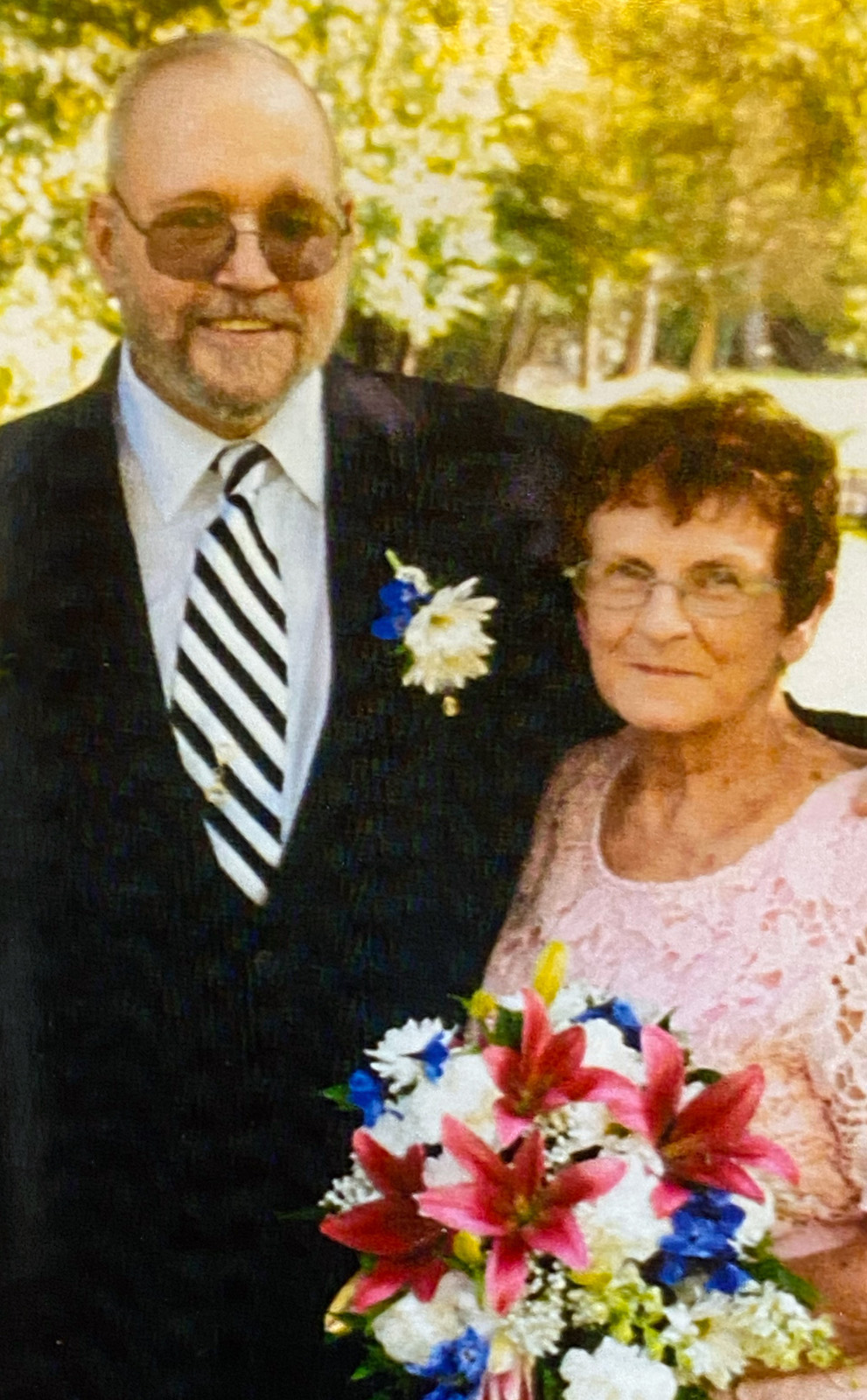
Divorced since 2003, W.T. “was a very lonely man in those days in many ways,” says Rimington.
Until along came Cheryl in 2019.
A mutual friend introduced them. When she first laid eyes on him, Cheryl says, W.T. was wearing a white long-sleeved shirt (to cover scars on his arms), blue jeans and patrol boots. “Good lookin’, I thought,” she recalls with a smile..
Their courtship took only three months before they decided to marry.
“He was such a sweet person. We’d sit on the couch and hold hands while we watched TV — law-and-order-type shows, a lot of the Hallmark shows. And we had our little nightly ritual — we’d say our ‘Good nights’ with three kisses.”
Cheryl says her husband was “very caring and giving. And he had a great sense of humor.”
Rimington seconds the latter descriptor: “He told me about purloining, or ‘releasing from custody,’ some steaks from the officers’ mess in Vietnam, which he then proceeded to cook for his friends on the bonnet of a Jeep.”
Another person who echoes similar adjectives about W.T. is Ruth Mroczynski, a hospice nurse assigned to W.T. for the final month of his life.
Mroczynski has been a nurse for three decades and, she says, “after 30 years of being a nurse, you can pretty quickly judge a person’s personality. He just seemed like he was very compassionate and caring. You could see a sense of humor in him, even though he couldn’t talk a lot. You could see it in his eyes, in the little side smile that he’d give.”
‘I couldn’t get over how much he cared about other people'
Rimington’s wife, Gillian, concurs: “I couldn’t get over how much he cared about other people.” Referring to a person who’d been discovered cheating W.T. in a business arrangement, she says that when told that he must fire the person, W.T. exclaimed: “Oh, but he might have a heart attack!”
“And I’m thinking,” Gillian Rimington recalls, “this guy has been cheating him, and yet W.T. is concerned about him. And that stuck with me for years and years. He was a good man.”
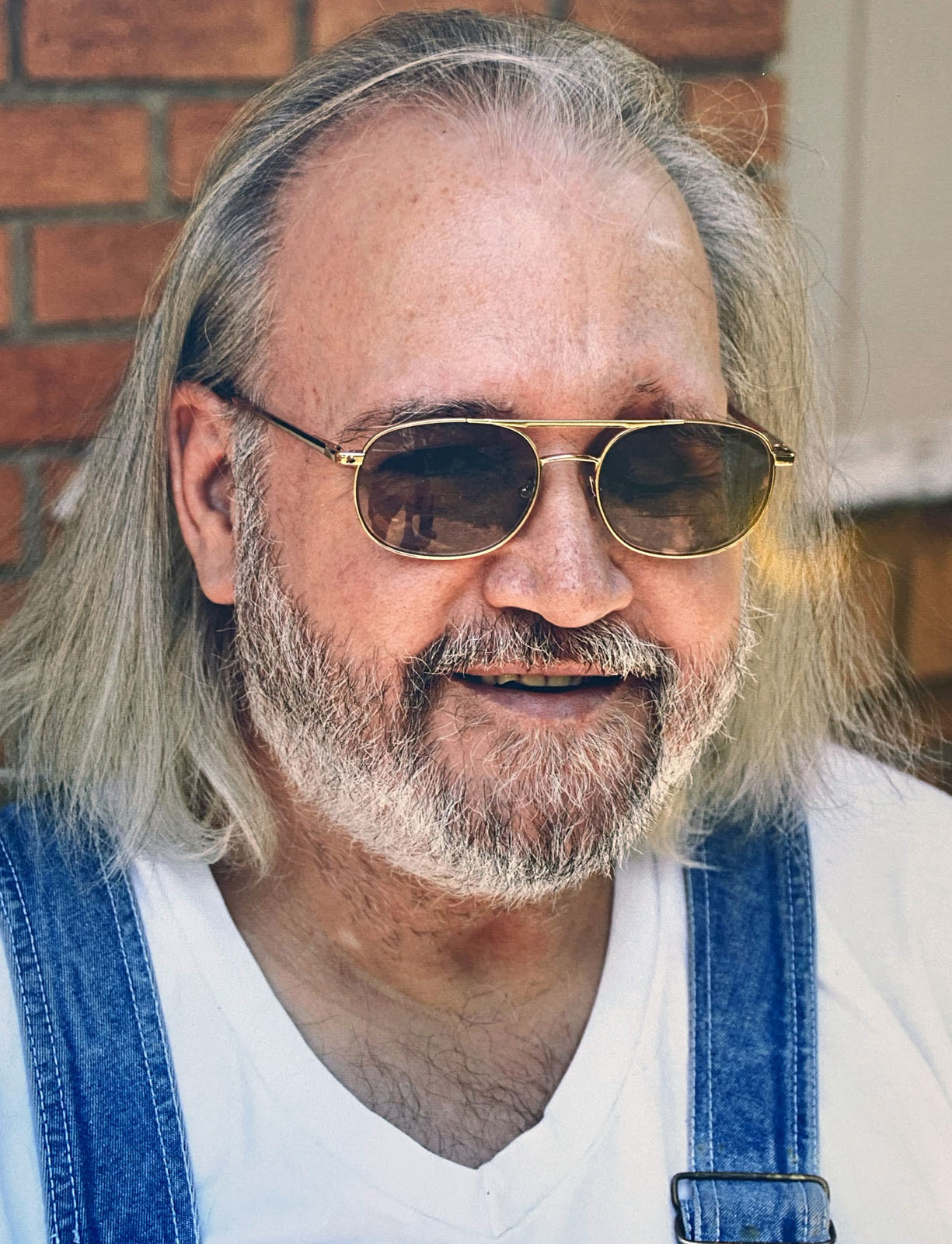
Cheryl says that despite enduring physical pain from age and injury, W.T. never complained. “I could see the pain in his eyes, but he was strong, and he fought it as much as he could.”
She credits the Veterans Administration with assisting W.T. He was especially grateful, she says, for a walk-in shower that the V.A. arranged to be installed in their home when the cramped existing shower cabinet could barely accommodate him and the chair he was required to use.
And she appreciates the ongoing assistance in the effort to unravel the tangle of confusion over W.T.’s records. “The right records are there, but not everybody has access to them,” she says she’s learned. “The trick is getting to the right person who has access to the right information.”
Cheryl repeats her hope that the general public can become more accommodating to veterans.
“So many people, they see our soldiers come home but, if they don’t live with them, they don’t see they’re suffering inside every day to continue to survive — the PTSD (Post-Traumatic Stress Disorder), the flashbacks, the wounds, the pain, even just being bothered by scars. I wish more people would be more sensitive and aware about things like that.”
And she repeats her assessment of W.T.’s personality: “He was a such a fantastic, sweet, wonderful guy. Such a treasure – he really, really was…


